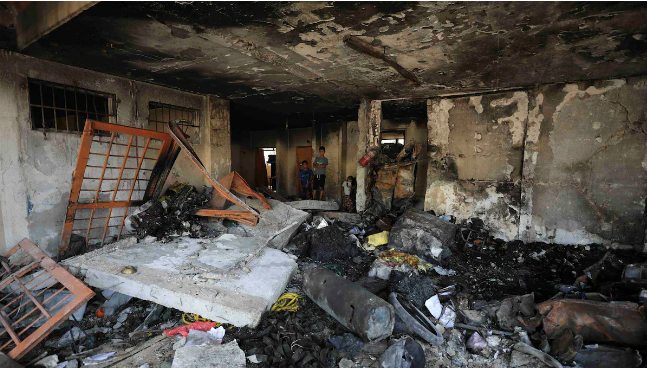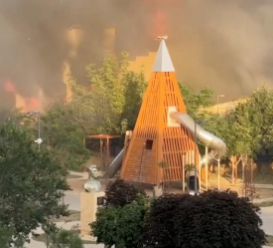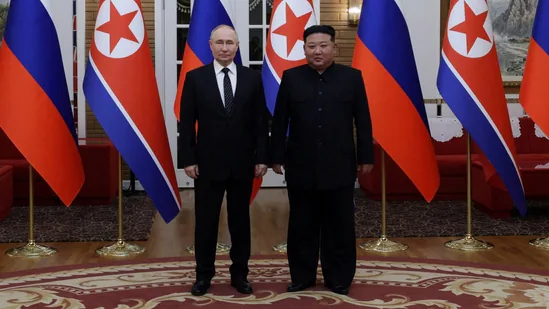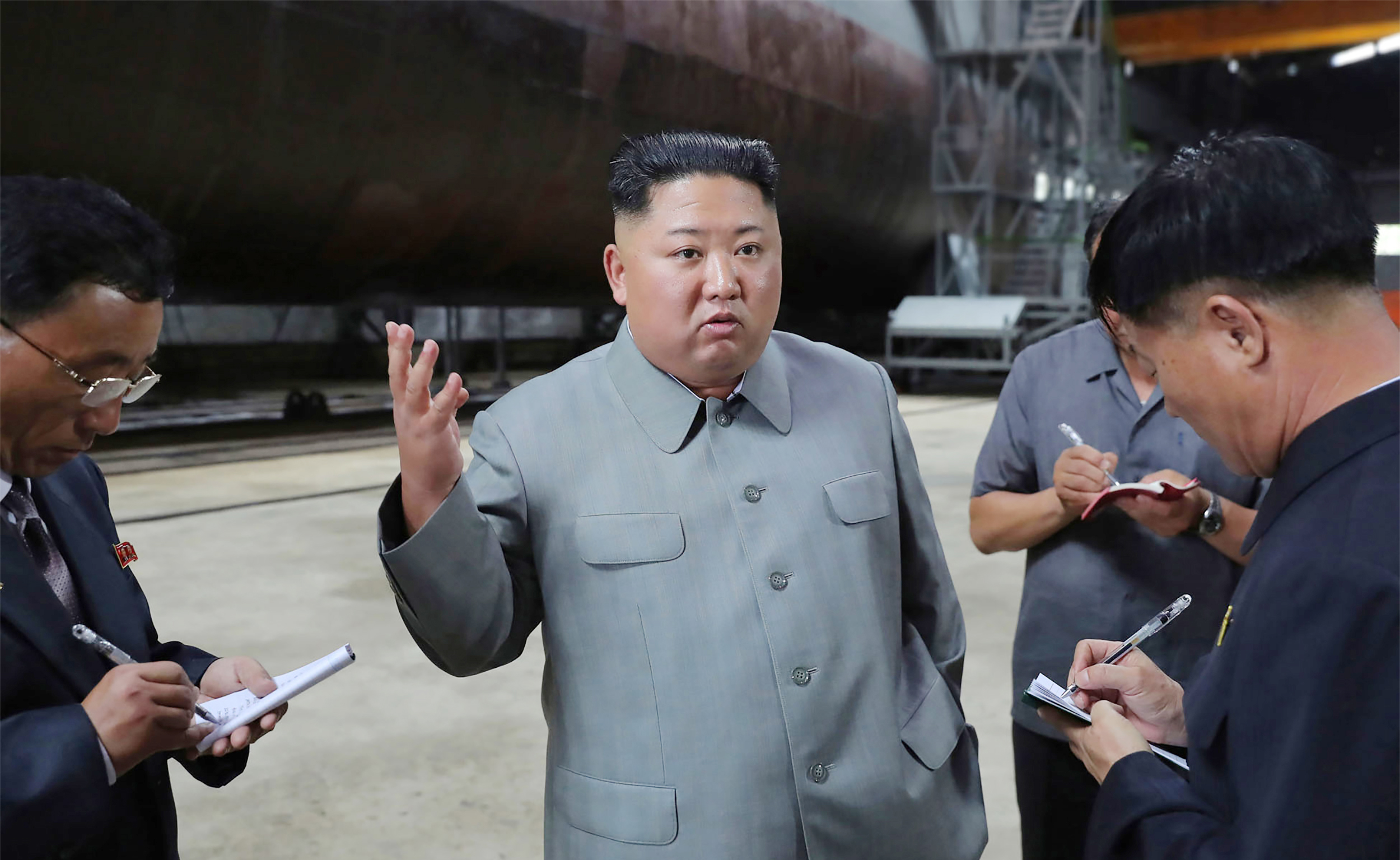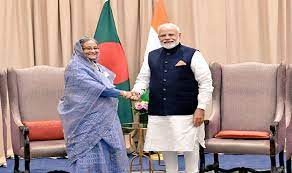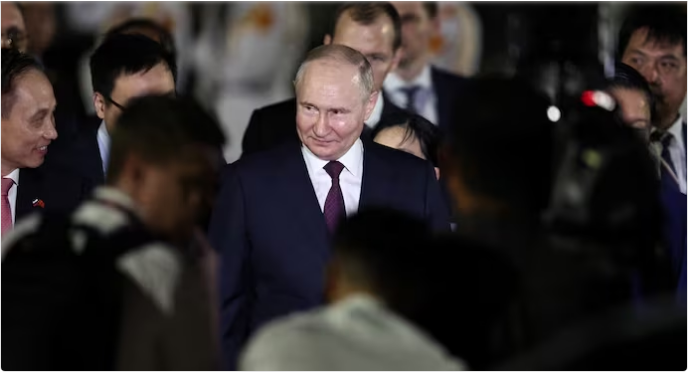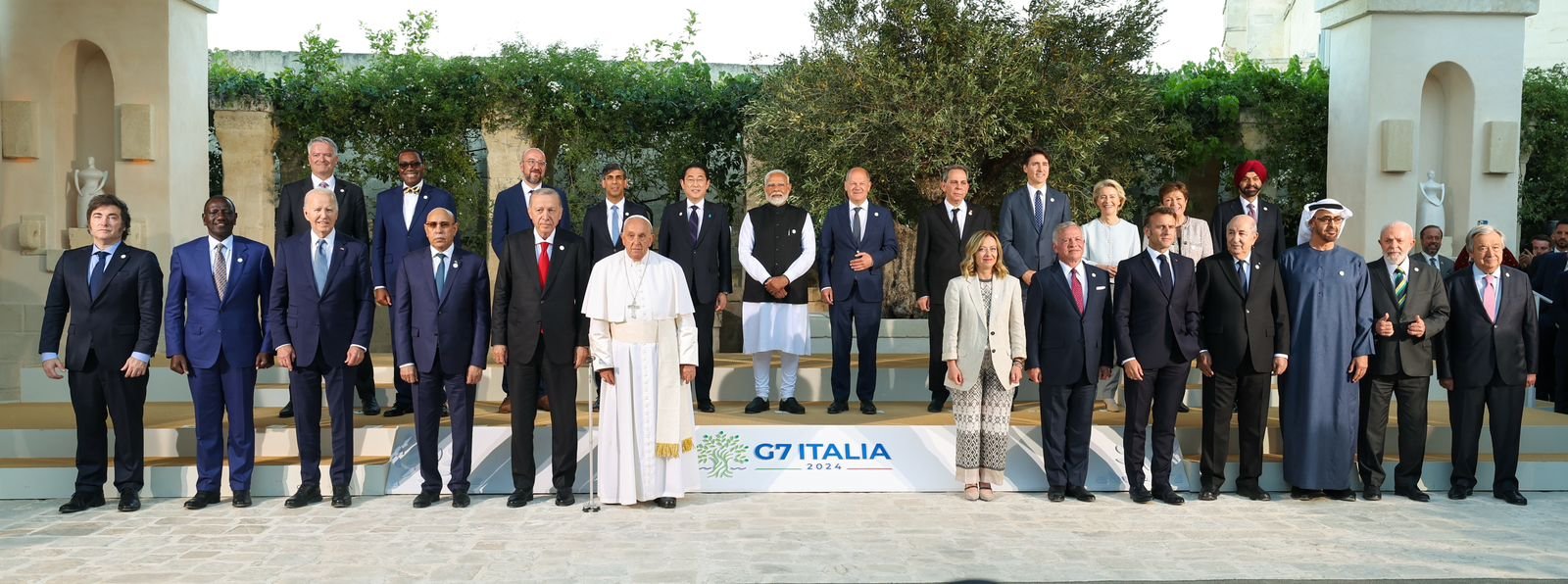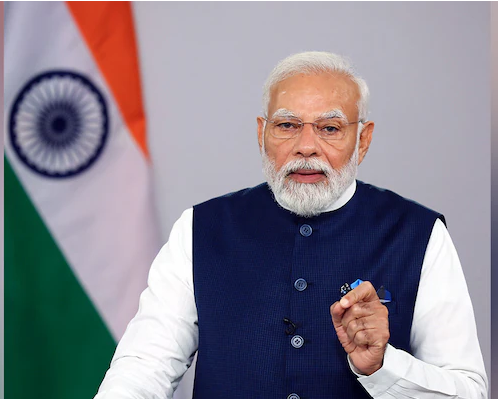Iran turned to US for assistance after Raisi helicopter crash; logistical issues impeded help

NEW DELHI: The United States on Monday (May 20) revealed that in a turn of events, Iran had sought its help following the helicopter crash, which over the weekend killed President Ebrahim Raisi. Offering its condolences, Washington revealed that largely due to logistical reasons, it was unable to accept the Iranian request for assistance.
The rare request from Iran, which views America and Israel as adversaries, was disclosed by the US State Department at a news briefing.
Spokesperson Matthew Miller told reporters that "We were asked for assistance by the Iranian government. We did make clear to them that we would offer assistance, as we would do in response to any request by a foreign government in this sort of situation".
Without elaborating, he added "Ultimately, largely for logistical reasons, we were unable to provide that assistance."
As per reports, Iran is yet to provide any official word on what may have caused the plane crash that claimed the lives of Raisi, Foreign Minister Hossein Amirabdollahian and six other passengers and crew.
The US-made Bell 212 helicopter crashed in mountains near the Azerbaijan border over the weekend, on Sunday (May 19). Its charred remains were found early on Monday.
Responding to a question on whether he was concerned that Tehran might blame Washington, US Defence Secretary Lloyd Austin said: "The United States had no part to play in that crash."
"I can't speculate on what may have been the cause," he added.
He also played down any US concerns that the helicopter crash might have any security implications in the Middle East.
"I don't necessarily see any broader, regional security impact at this point," said Austin.
As per the constitution of Iran, the nation currently observing a five-day mourning has a maximum of 50 days before a presidential election must be held to choose Raisi's successor.
Article 131 of Iran's constitution states that a council consisting of the first vice president, the speaker of parliament, and the head of the judiciary must prepare the way for the election of a new president.



